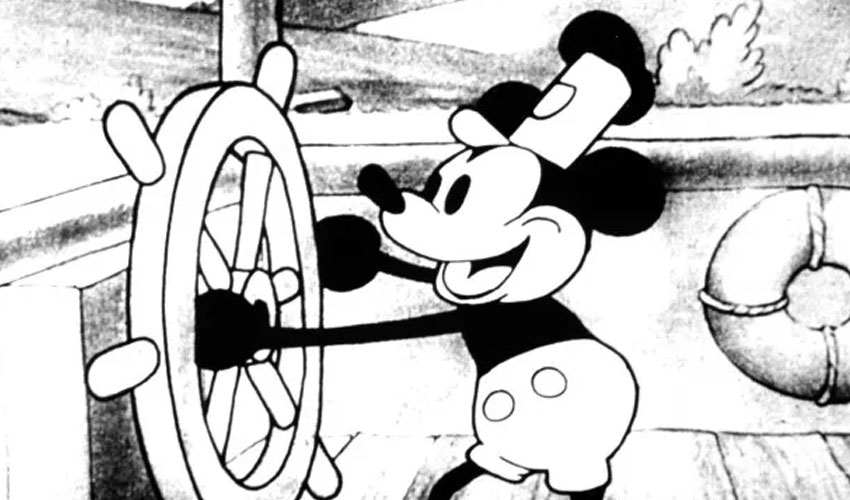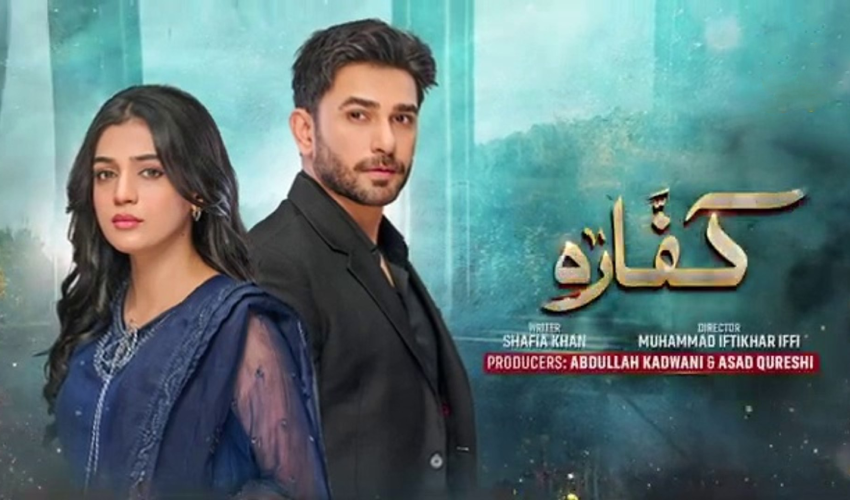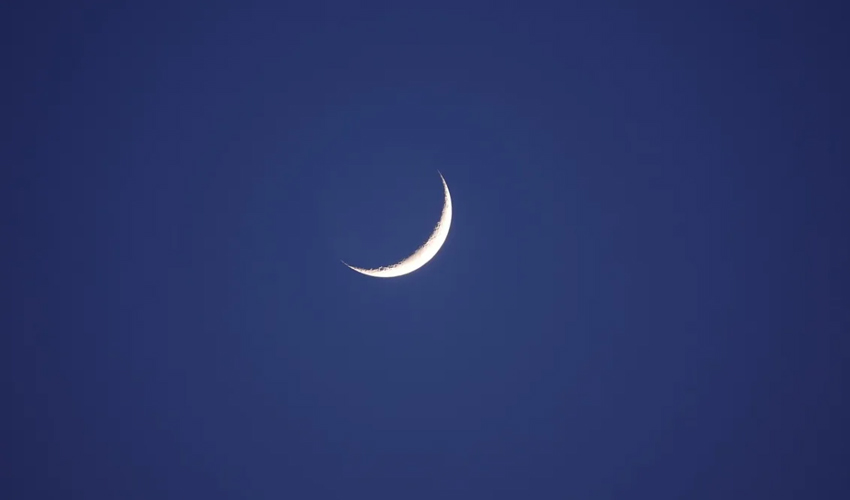Nearly a century after its cinematic debut, Mickey Mouse has entered the public domain, marking the end of the copyright on the 1928 animation "Steamboat Willie."
This significant event, occurring 95 years after its creation, opens the door to potential remakes, spin-offs, and adaptations, but not without the possibility of legal battles with Disney.
The expiration of the copyright on "Steamboat Willie" and another 1928 Disney animation, "Plane Crazy," allows anyone to copy, share, reuse, and adapt these works, along with the early versions of characters like Mickey and Minnie.
However, it's crucial to note that later versions, such as those in the 1940 film "Fantasia," remain under copyright and cannot be reproduced without facing potential legal action from Disney.
While artists are now free to reimagine and create derivative works, there are limitations. For instance, a "climate change awareness version" of "Steamboat Willie" or a feminist retelling with Minnie taking the lead could be produced.
Similar imaginative reuses have been seen with characters like Sherlock Holmes and Winnie-the-Pooh, whose copyrights recently expired.
Despite this newfound freedom, legal challenges may arise. Disney has emphasised its commitment to protecting the rights of more modern versions of Mickey Mouse and other copyrighted works.
The recognisable version of Mickey in "Steamboat Willie" may differ significantly from the contemporary depiction, prompting potential legal disputes and cease-and-desist letters for unauthorised use of later Mickey cartoons.
It's important to distinguish between copyright and trademark. While the copyright has expired, the trademark, which prevents unauthorised use that could mislead consumers about the source of a work, remains in effect.
Disney has expressed its intention to safeguard against consumer confusion caused by unauthorized uses of Mickey and other iconic characters.
As the iconic "Steamboat Willie" sequence is also a trademark, Disney has strategically incorporated it into the opening sequence of every Walt Disney Animation Studios film.
This move demonstrates Disney's proactive approach to preserving its intellectual property rights in the face of changing copyright statuses.



























